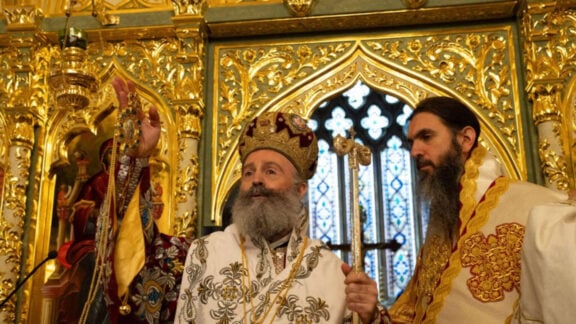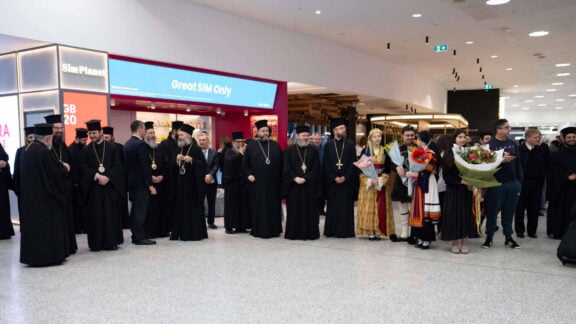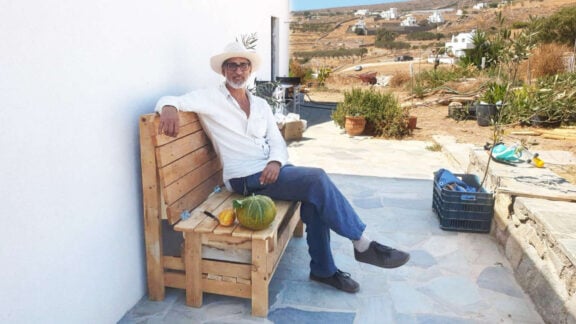Up to 200,000 young people born to immigrant parents in Greece (parents who have entered the country legally) are treated as ‘aliens’, with no access to Greek citizenship, and the time has come to make sweeping changes to a system that is fundamentally unjust.
So says a new campaign – backed by thousands of young people in Greece – aimed at challenging the Greek government’s approach to the issue.
The campaign, coordinated by the Greek youth organisation G2RED (Generation 2.0 Rights, Equality, and Diversity), has launched an online petition to raise awareness of the plight of migrant children who suffer social exclusion, limited access to the labour market, who can’t vote, and who are often stigmatised.
Children of non-Greek citizens face discrimination at every level in Greece, where their status means they cannot travel and study freely abroad (they are considered ‘third country nationals’, so they need a student visa to study outside Greece), have restricted access to jobs (many professions are reserved for those of Greek citizenship), and are barred from voting at elections.
Andromachi Papaioannou, a spokesman for G2RED, says the problem such young people face is neither racism or their precarious legal status – but their visibility, or rather lack of it.
“Children of migrant background are invisible both to the state and wider society,” says Papaioannou.
“Their legal status is directly linked with that of their parents as long as they are minors, and as soon as they reach adulthood they have to obtain their own residence permit in order to continue to reside legally in the country.
“Moreover, those born in the country are not given a birth certificate. The only document their parents receive is a certificate from the maternity clinic. In other words, for the Greek state, children born in the country to migrant parents simply do not exist as they are not registered anywhere.”
Papaioannou believes that beside the legal problems concerning their formal existence, how these young people identify themselves when confronted by the Greek state’s system is a process fraught with potential psychological dangers.
“Even if they were born in Greece many of them are stigmatised because of their religion or phenotype as being different.
“Children of migrant backgrounds are usually identified by members of the majority as unable to ‘integrate’ into Greek society. Even if they feel Greek they are not accepted as such by either the society or the state, and this has multiple effects on their identity formation as well.”
The stakes couldn’t be higher. Currently in Greece there is a generation of people born and raised on European soil who do not have the rights of a European citizen.
Despite recent attempts, specific legislation on citizenship acquisition for children of migrant backgrounds has been thwarted in the Greek parliament.
One Act that was voted on in 2010 was considered anti-constitutional, and articles that regulated citizenship acquisition by minors were cancelled by the State Council last year.
Papaioannou and thousands of the campaign’s growing number of supporters (8,700 have signed the online petition to date) say it’s time to consign Greece’s conservative policies – which fly in the face of multiculturalism – to history.
The petition to persuade the Greek government to establish citizenship paths to all children born and/or raised in Greece can be signed at www.ithageneia.org/en
Sources: www.enargywebzine.eu European Commission – http://ec.europa.eu









